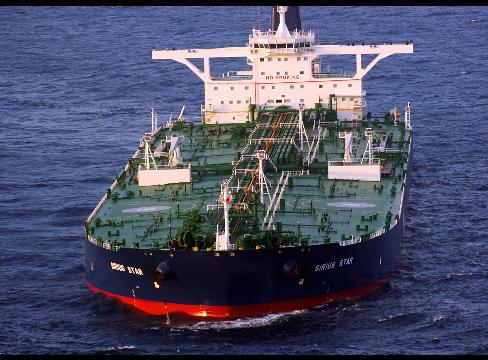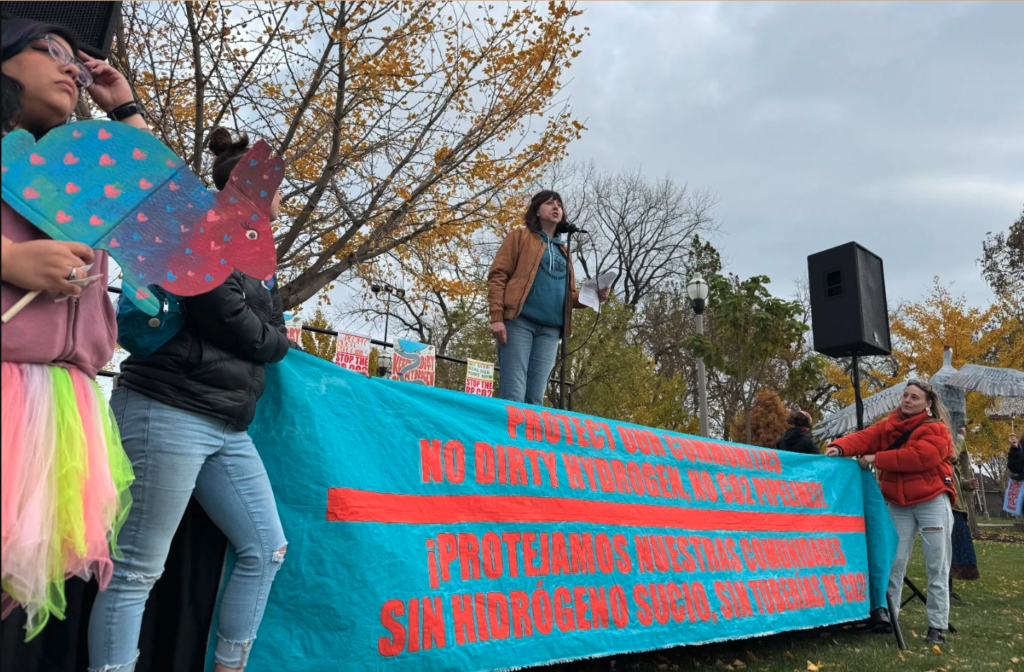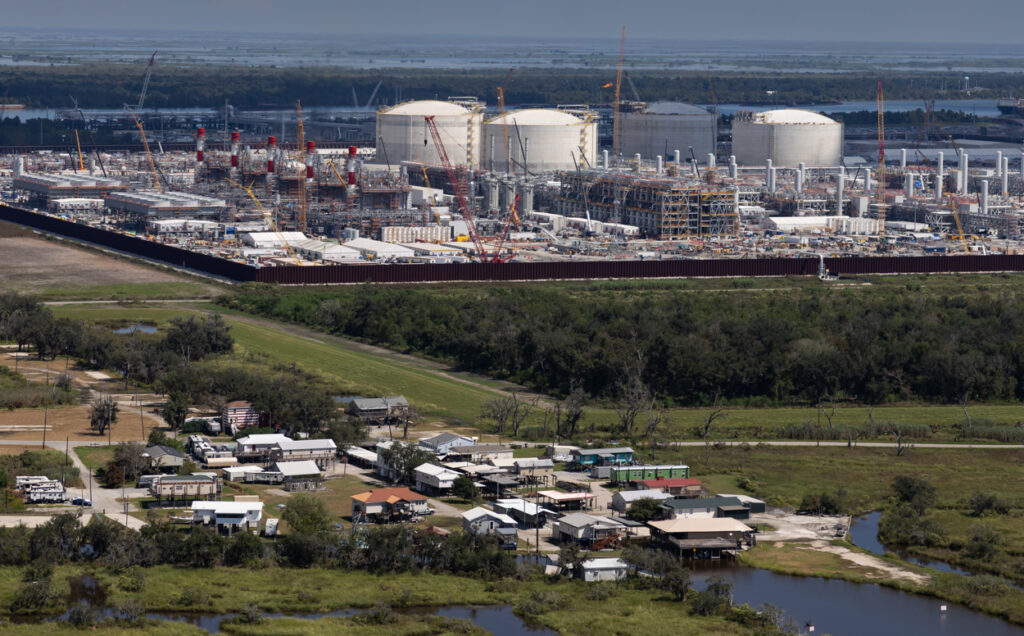In recent months, opposition to Enbrige’s Northern Gateway Pipeline has mounted as citizens, environmental groups and First Nations groups have protested the $5.5 billion dollar pipeline that would bring as many as 220 supertankers per year to Kitimat, B.C., to ship dirty tar sands crude to hungry energy markets in Asia.
While opposition to this project has grown, it’s curious that we haven’t heard anything about an alternate project to route tar sands crude through Vancouver.
The recent application to the National Energy Board (NEB) comes from Trans Mountain Pipeline, a subsidiary of Kinder Morgan that operates the 300,000 barrel per day (bpd) pipeline from Alberta to B.C. and Washington State. Their project would vastly expand oil tanker traffic through the waters of Vancouver’s Burrard Inlet, and make Vancouver the major conduit of tar sands crude and bitumen to China.
According to Mitch Anderson at the Tyee, Kinder Morgan has requested permission to divert more Alberta crude and bitumen from existing land-based refineries in B.C. and Washington to the Westbridge tanker terminal in the Burrard Inlet. This would expand crude capacity through Vancouver from 52,000 bpd to 79,000 bpd.
Because of growing opposition, the Enbridge Northern Gateway Pipeline is still years away. But Kinder Morgan may have found a way around this. Expanding the existing line to Vancouver will be $1.5 billion cheaper than the Enbridge pipeline, and avoids the growing opposition to constructing a new line to Kitimat.
Kinder Morgan Canada, in a power point presentation for investors, stated their oily intentions for this project:
- They plan to dredge Second Narrows channel to allow larger Suezmax tankers that can carry 1 million barrels of crude – four times as much as spilled from the Exxon Valdez;
- These larger vessels will save shippers $1.50 per barrel;
- Tanker transits through Vancouver will increase to 216 per year in 2016, up from 71 in 2010 and 22 in 2005;
- Port Metro Vancouver is apparently “supportive of expansion.”
With this project looming, I have many unanswered questions. Why has there been so little public awareness of this project? According to Anderson, of 18 legal interveners in Kinder Morgan’s application, 17 are from oil companies, and not one is from an environmental or citizen’s group.
Here’s another question that needs to be answered: Why did the B.C. government specifically decline to be involved in the decision that would scale up tanker traffic through the province’s largest city?
Head over to The Tyee to read the full story, and stay tuned for updates on this growing story.
Subscribe to our newsletter
Stay up to date with DeSmog news and alerts







